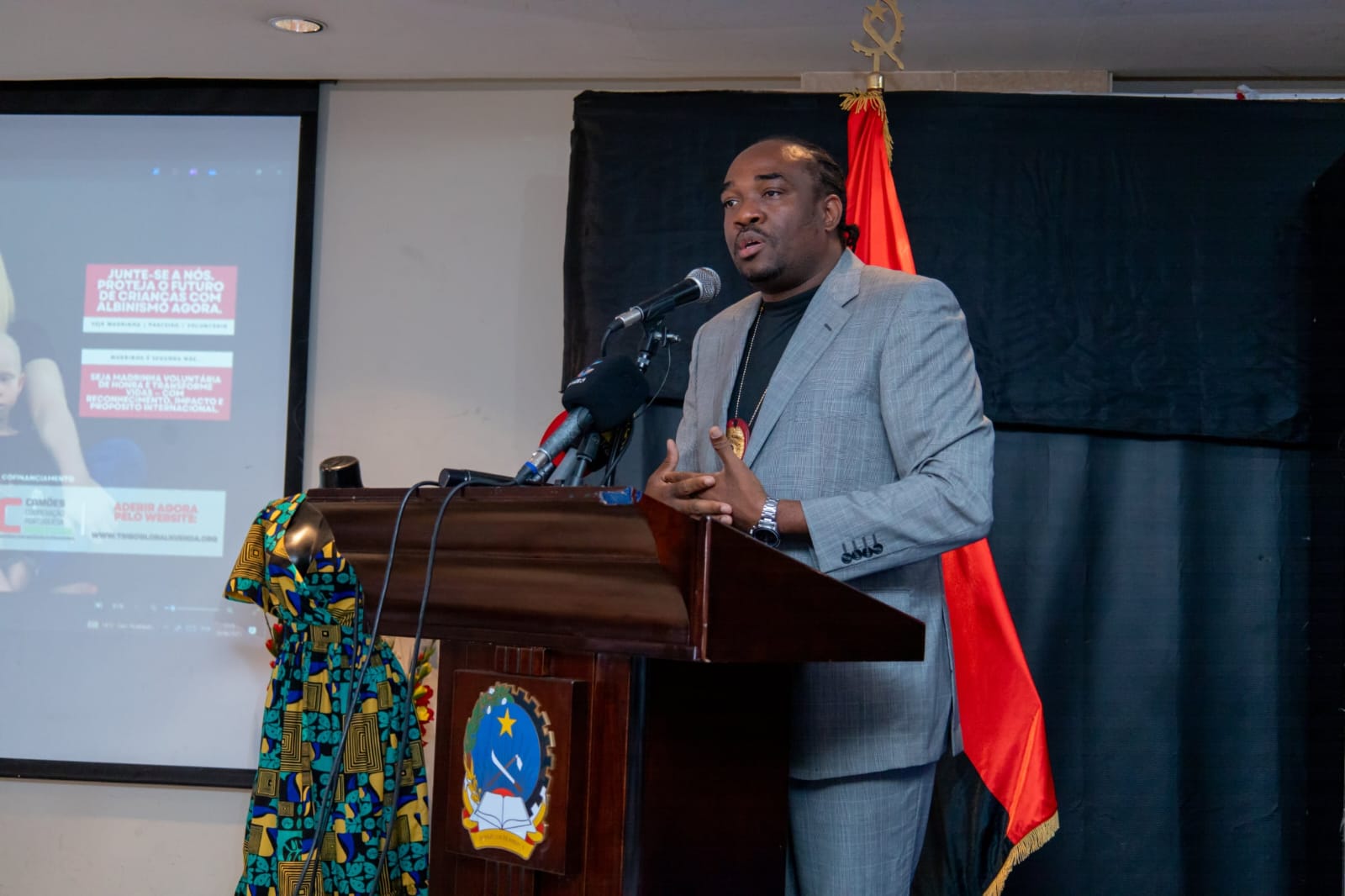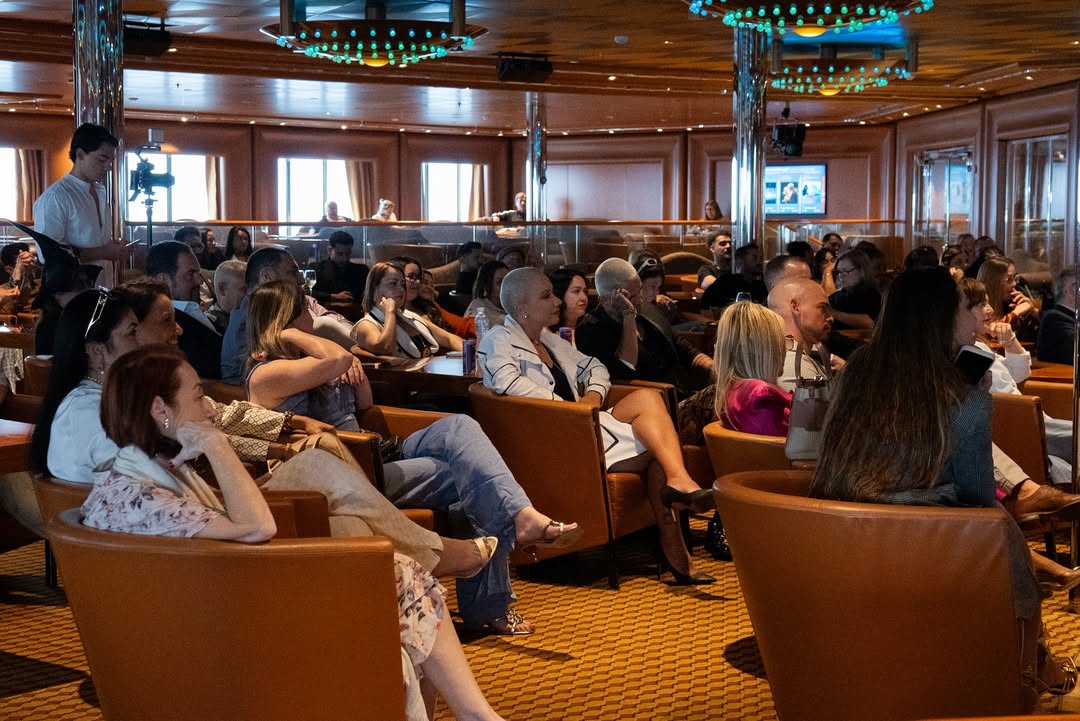When I think of the Africa of my dreams, I imagine a place where solidarity, education, and social justice are the transformative forces.
Africa has always been a continent that inspires with its diversity, its rich cultures, and its resilience in the face of profound challenges.
And Mali stands out as a country that, despite its difficulties, continues to fight for a more prosperous and dignified future for its people.
In this context, humanitarian actions are essential to alleviate suffering and help rebuild a better future.
Mali: A Country of Contrasts and Challenges
Mali, located in the heart of West Africa, has a rich history and an incomparable cultural heritage.
Timbuktu, one of the oldest cities in the Islamic world, is a symbol of knowledge and cultural exchange.
However, the country faces deep challenges, including political instability, armed conflicts, and a weakened economy.
These factors have led to a major humanitarian crisis, with millions of people needing urgent assistance.
With a predominantly rural and very young population—the average age is 21—Mali also struggles with a lack of clean drinking water, health services, and education.
Insecurity and forced displacement are daily realities, making the work of humanitarian organizations even more crucial.
Humanitarian Actions in Mali: The Impact on Daily Life
In response to this crisis, various non-governmental organizations (NGOs) and international bodies are present in Mali.
Let’s highlight some of the key NGOs that are doing vital work to help vulnerable populations.
- Médecins Sans Frontières (MSF): one of the main organizations providing medical care in Mali, particularly in hard-to-reach areas affected by conflict. In addition to treating diseases and injuries, the organization also runs vaccination campaigns and offers psychological support to trauma victims.
- Save the Children: is an NGO that advocates for children’s rights and works to ensure their education and protection. In Mali, the organization has projects focused on child nutrition, education, and protection against child labor and abuse. They also promote the inclusion of girls in education and provide support services to children affected by war.
- Diakonia: in Mali, Diakonia works to promote human rights, peace, and social justice, focusing on empowering marginalized communities. The organization supports local initiatives that foster sustainable development, gender equality, and access to basic services like education and healthcare.
- Right to Play: the NGO empowers children and youth to develop skills, build confidence, and strengthen their communities despite the ongoing crisis. The organization focuses on promoting education, health, and protection, while fostering resilience through sports and play activities.
- Oxfam: with programs focused on food security, access to clean water, sanitation, and the promotion of women’s rights. The organization works to ensure that vulnerable families have enough food and access to essential water resources for survival.
- CARE International: focuses on reducing poverty and promoting social justice in Mali. Their programs include support for maternal and child health, food distribution, resources to address food insecurity, and sustainable economic development initiatives.
- Action Against Hunger (ACF): specializes in combating malnutrition, one of the biggest concerns in Mali, particularly among children and pregnant women. Mali has one of the highest infant mortality rates in the world, against one of the highest fertility rates in the world, with many women having multiple children in quick succession.
- UNICEF (United Nations Children’s Fund): plays a key role in promoting children’s rights in Mali. The organization is involved in various areas, including education, health, protection from violence, and combating malnutrition.
- World Food Programme (WFP): has been crucial in combating hunger and food insecurity in Mali. Through food distribution and support for sustainable agricultural practices, WFP works to alleviate hunger in regions affected by drought and conflict.
- Plan International: a global NGO focused on the protection and empowerment of girls and young women. In Mali, the organization works to ensure that girls have access to education, promotes gender equality, and provides support to communities affected by crises.
- Norwegian Refugee Council (NRC): The NRC provides humanitarian assistance to refugees and internally displaced people in Mali. The organization is dedicated to ensuring that these vulnerable populations have access to education, shelter, legal aid, and support for social reintegration.
The Africa of My Dreams: An Africa of Hope
When I think of the Africa of my dreams, I envision a continent that overcomes its challenges with the support of global solidarity.
A place where collaboration and commitment to the well-being of people prevail, where every child has the opportunity to learn, grow, and reach their potential, where communities become more resilient and able to build a more prosperous and secure future.
And Mali, with its strong and resilient people, exemplifies this dream. The country has been recognized for its cultural production, especially in cinema.
Notably, it is homeof great filmmakers, among them:
Souleymane Cissé: he created films addressing the break from African stereotypes and revealing the social and cultural contradictions of the country in the post-colonial period, as Baara (1978) and Finyé – The Wind (1982).
Abderrahmane Sissako: with Bamako where two sides argue whether the World Bank and International Monetary Fund are guided by special interest of developed nations, or whether it is corruption and the individual nations’ mismanagement, that is guilty of the current financial state of many poverty-stricken African countries as well as the rest of the poor undeveloped world. And Timbuktu, nominated for the Oscar of Best Foreign Language Film at Hollywood Academy.
Humanitarian Civil Diplomats from Jethro International and the Actions in Mali
There are many ways to support humanitarian work in Mali and other countries in Africa. Here are some ways you can contribute:
– Financial donations to NGOs working on the ground.
– Volunteering in international cooperation programs.
– Raising awareness and educating others about the realities of African countries.
– Supporting local initiatives that seek to develop sustainable solutions.
Every action counts.











No comment yet, add your voice below!